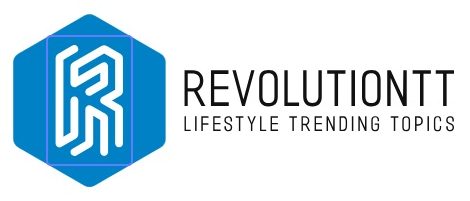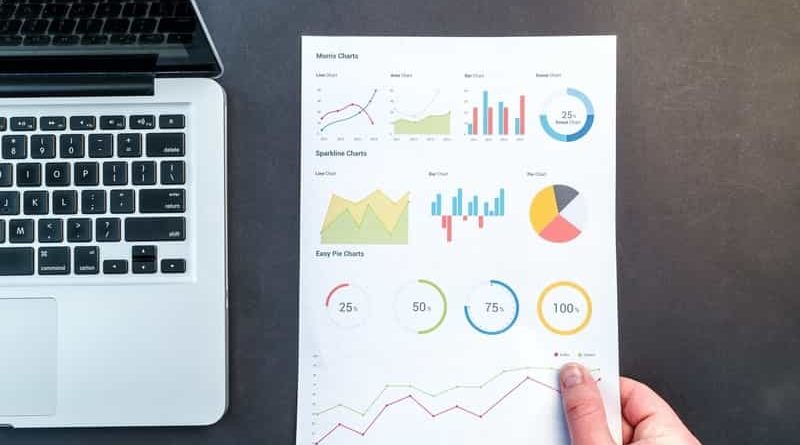The Main Differences Between Data Science and Data Analytics
In a world that is becoming increasingly tech-reliant and increasingly connected, big data has become a major player. Businesses of all sizes and in all industries today are constantly collecting huge amounts of data that is turned into actionable insights and eventually better results for the business due to data-driven decisions. However, with businesses now creating huger data sets than ever before, professionals who possess the right knowledge, education, and skills for analyzing this data and gaining the right information from it are in growing demand.
In order for businesses to get a better understanding of data, the fields of data analytics and data science have grown substantially over the past few years from being mostly academic to integral parts of a business. However, differentiating between these two fields can be confusing since they are quite similar and interconnected, but different. Data science and data analytics are fields that provide various results and may involve differing approaches. When a business owner needs to study the data that is being gathered by their company, it’s important to understand what each field can bring to the table and the ways that they differ from one another.
Data Science Explained
Data science as a field focuses on gaining actionable insights from large sets of raw or structured data. Data science primarily focuses on finding the answers to things that we might not have been aware that we didn’t know. To do this, they use a range of different techniques to uncover these answers including machine learning, computer science, predictive analysis, and statistics. Huge datasets are often studied by data scientists in order to establish solutions to problems that we might not have even realized we had. The role of a data scientist is to ask questions and location potential areas to explore further. They do not have a lot of concern for specific answers, instead focusing on making sure that they are asking the right questions. They do this through a combination of exploring and analyzing disconnected and disparate data sources, predicting potential future trends, and determining better ways to analyze the information that is presented to them. Find out more with an online data science masters from Kettering University.
How Data Science Is Used
Data science can be used in a wide range of different ways to help a business get better results. For example, you may use data science to determine the questions that you should be asking about your customers and target audience to ensure that you understand what their exact requirements are and are able to offer products or services that provide the solutions to problems that they might not have realized they had. Data science is also used in a wide range of decision-making situations in businesses.
Data Analysis Explained
Data analysis will mainly focus on processing and analyzing existing datasets. The role of a data analyst involves determining methods to capture, process and organize data to find a way to uncover actionable insights and discover solutions to current problems. Business and data analytics are used to find answers to questions, based on producing results that can lead to immediate improvement for the business. Data analytics may be used in marketing, for example, to help a business determine how a marketing campaign is currently performing based on the data that has been collected from it, providing insights that can be used in future marketing campaigns for improved results in comparison.
How Data Analytics is Used
Data analytics can be used anywhere in a business where there are problems that need to be solved or improvements that could be made. With businesses collecting data in almost every department and aspect of the company today, there is usually always data available that can be analyzed and studied to figure out what could be done differently to get better results in the future. For example, data analysis can be used to better understand customer needs. In this case, businesses might analyze data from their website to learn more about what customers do when they visit, where they seem to be getting the most value from the site, and any areas of the site where customers are more likely to leave. Using this information, they can then make improvements to the site design to make it more useful for visitors. Data analysis is often also used to reduce business costs, helping businesses efficiently and accurately figure out where they could be spending less in many different areas of the business. In addition, data analytics is often used alongside data science when it comes to making key business decisions. By looking at the data so far, it’s easier for companies to not only figure out which decisions need to be made to improve results in the future, but where these decisions should go.
The Main Differences
While the terms data science and data analysis are often used interchangeably, they are two different fields. Data science is often used as an umbrella term for a group of fields that are all involved with mining large datasets, while on the other hand, data analysis tends to be much more specific and focused, often considered to be a main part of the larger process. Rather than predicting outcomes and looking for questions we didn’t know that we needed to ask, data analytics focuses on determining what the problem is right now and how data can be used to provide a solution to it.
In short, data science produces a range of broader insights focused on finding the right questions to be asked. It may focus on finding not only the questions that people didn’t even know they had but also the answers and solutions, and is a key component of coming up with a new product or service. On the other hand, data analysis focuses on figuring out where there are questions that need to be asked, asking those questions and using existing data to find the answers to them. Because of this, it’s usually the main process involved in comparing business progress and making business decisions.
Data has a huge part in all businesses today. While data science and data analytics often go hand in hand, it’s important to know the difference between the two and which might be the best option for any given situation.



